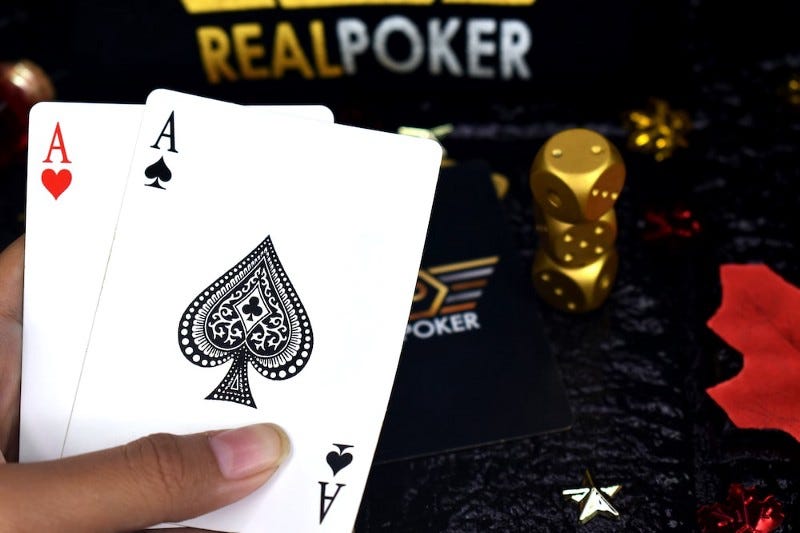
Howard Marks is the co-founder and co-chairman of Oaktree Capital Management, the largest investor in distressed securities worldwide.
In his November 2022 letter for Oaktree Capital Management, Howard Marks talks about what really matters in investing.
He explains this using the inversion technique.
Inversion requires explaining what doesn’t matter, then inverting the equation to understand what really matters.
What Doesn’t Matter: Short-Term Events

It’s very difficult to know which expectations regarding events are already incorporated in security prices.
Security prices are determined by events and how investors react to those events, which is largely a function of how the events stack up against investors’ expectations.
In the short term, the movement in stock prices are influenced more by changes in investor psychology than by changes in companies’ long-term prospects.
Swings in psychology matter more in the near term than changes in fundamentals.
If you’ve been investing for awhile, I’m sure you’ve come across a company report higher earnings, but experience a decline in its stock price.
This is because the reported improvement fell short of expectations and disappointed investors.
At the fundamental level, it’s not whether the event is positive or not, but how the event compares with what was expected.
What Doesn’t Matter: The Trading Mentality

Most people buy stocks with the goal of selling them at a higher price, thinking they’re for trading, not for owning.
Buying for a short-term trade equates to forgetting about your sports team’s chances of winning the championship and instead betting on who’s going to succeed in the next play, period, or inning.
Even the best soccer teams go through bad patches, where they experience a losing streak.
Each time a stock is traded, one side is wrong and one is right. But if you’re betting on trends in popularity, you’re trying to predict the direction of price moves over the next month, quarter, or year.
Is it realistic to believe you’ll be right more often than the person on the other side of the trade?
Carefully weighing long-term merit should produce better results than trying to guess at short-term swings in popularity — Charlie Munger
What Doesn’t Matter: Short-Term Performance

3 ingredients of success during good times:
Aggressiveness
Timing
Skill
If you have enough aggressiveness at the right time, you don’t need that much skill.
The quality of a decision cannot be determined from the outcome alone. Decisions often lead to negative outcomes even when they’re well-reasoned and based on all the available information.
Short-term performance doesn’t matter much, yet we see most investment committees have the latest quarter’s performance on the first item on the agenda.
In poker, pocket aces is the strongest hand, with an 80% chance of winning.
However, variance plays a huge role. There may be periods where you win much less than 80% of the time.
Likewise, variance is also present in the stock market.
The company could be flourishing, but its stock price could underperform for months, or even years.
What Doesn’t Matter: Volatility

Volatility does not equal to risk, contrary to popular belief.
Risk is the probability of a bad outcome. Volatility is an indicator of the presence of risk. But volatility is not risk.
Protection from volatility generally comes at a cost.
Reducing volatility for its own sake is a sub-optimal strategy. The general consensus is that favouring lower volatility assets and approaches will lead to lower returns, ceteris paribus.
Volatility is just a temporary phenomenon (assuming you survive it financially), and most investors shouldn’t attach too much importance to it.
Warren Buffett puts it best.
We prefer a lumpy 15% return to a smooth 12% return.
Investors who’d rather have the reverse — who find a smooth 12% preferable to a lumpy 15% — should ask themselves whether their aversion to volatility is mostly financial or mostly emotional.
In many cases, people accord volatility far more importance than they should.
What Doesn’t Matter: Hyper-Activity

There’s a really popular saying which goes like this.
Don’t just sit there; do something.
For investing (or life in general), let’s invert it:
Don’t just do something; sit there.
In the fast-paced world that we’re living in, one of the hardest things to do is sitting still.
Develop the mindset that you don’t make money on what you buy and sell; you make money (hopefully) on what you hold.
Think more. Trade less. Make fewer, but more consequential, trades.
The best investors are dead

There was an internal performance review on Fidelity accounts, to determine the type of investors who received the best returns from 2003 to 2013.
It was found that the best returns came from accounts that were either dead or inactive.
Fidelity's Best Investors Are Dead | The Conservative Income Investor
A news item that has gotten a lot of attention recently concerned an internal performance review of Fidelity accounts…theconservativeincomeinvestor.com
So What Does Matter?

What really matters is the performance of your holdings over the next five or ten years (or more) and how the value at the end of the period compares to the amount you invested and to your needs.
Most people would be more successful if they focused less on the short run or macro trends and instead worked hard to gain superior insight concerning the outlook for fundamentals over multi-year periods in the future.
Study companies and securities, assessing things such as their earnings potential
Buy the ones that can be purchased at attractive prices relative to their potential
Hold onto them as long as the company’s earnings outlook and the attractiveness of the price remain intact
Make changes only when those things can’t be reconfirmed, or when something better comes along.


